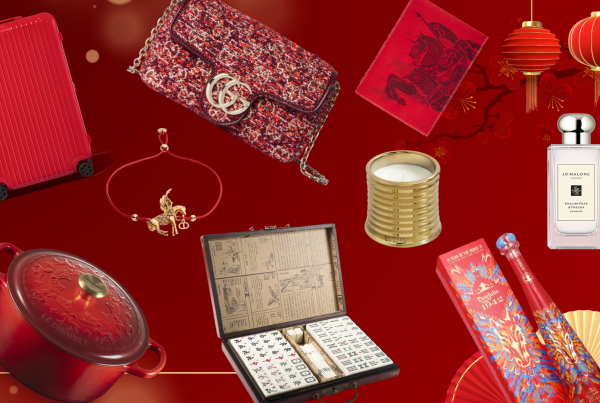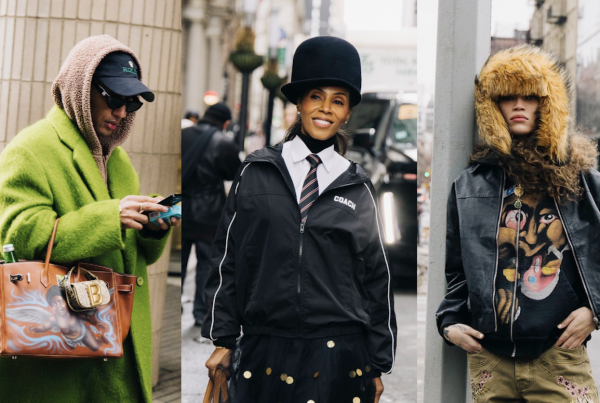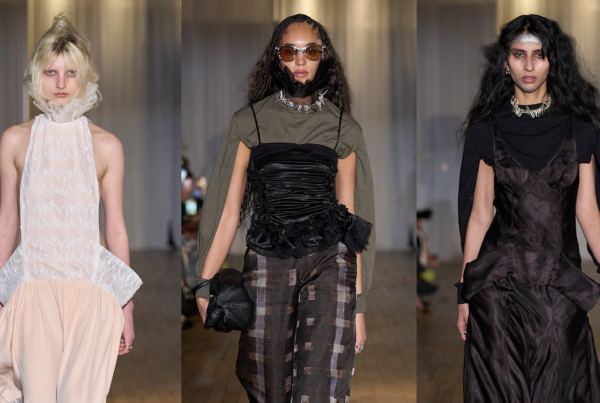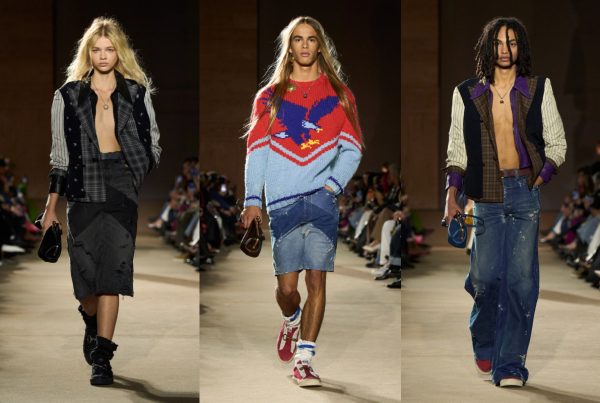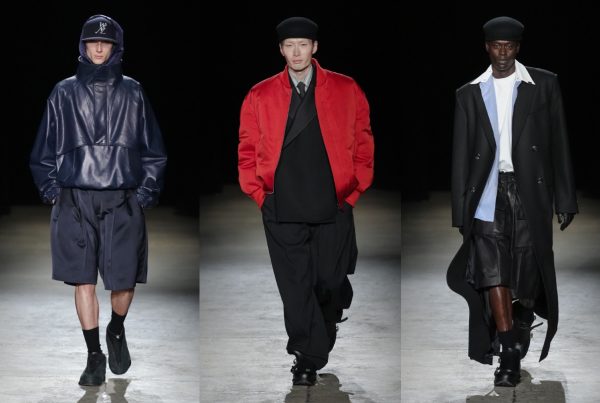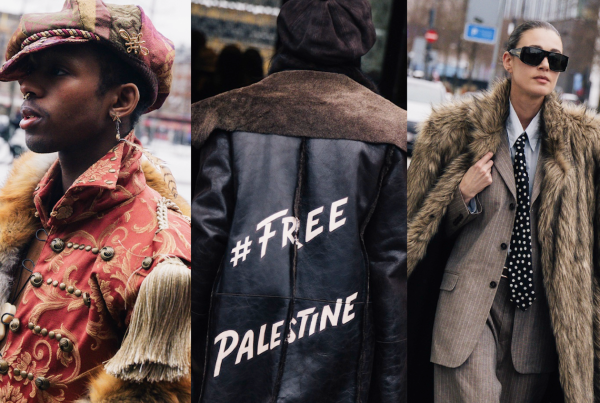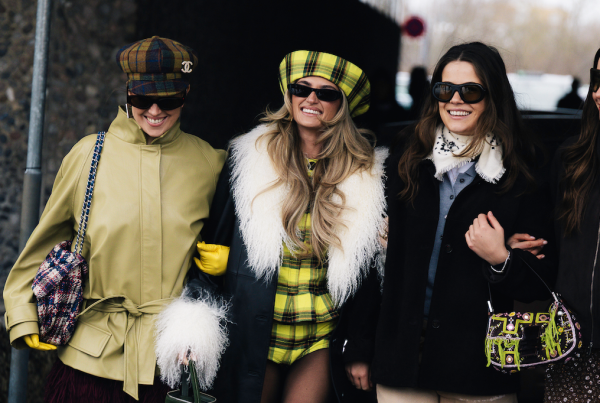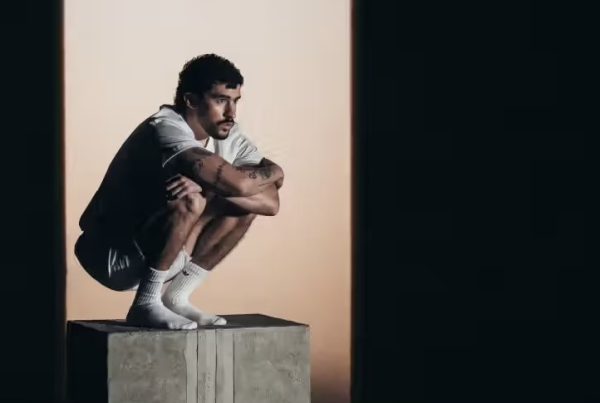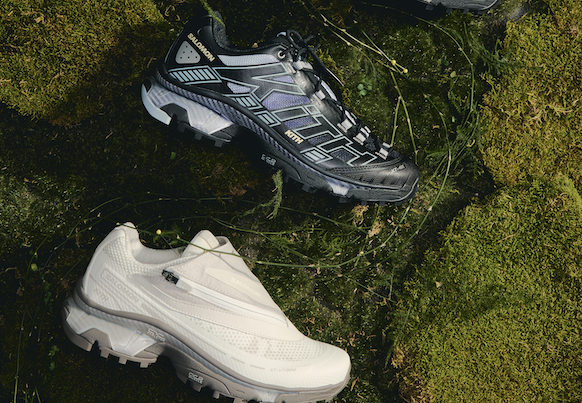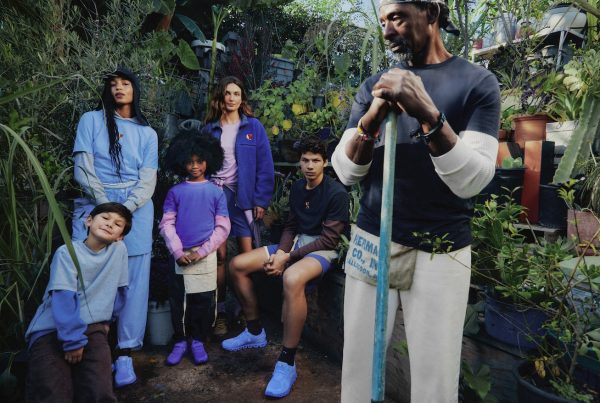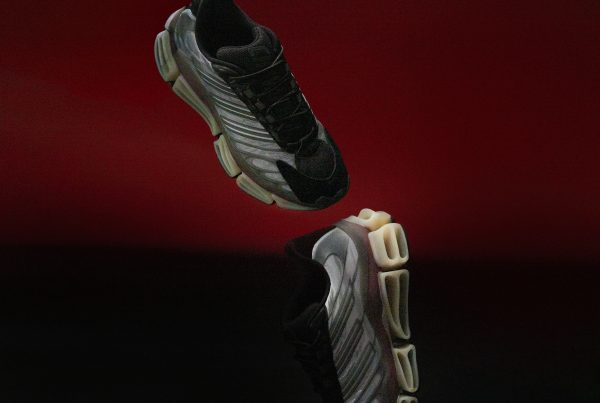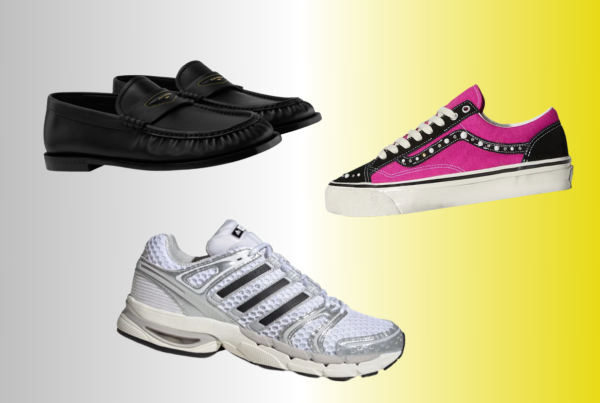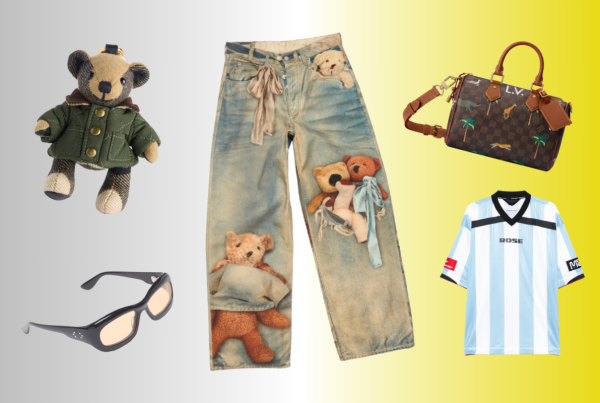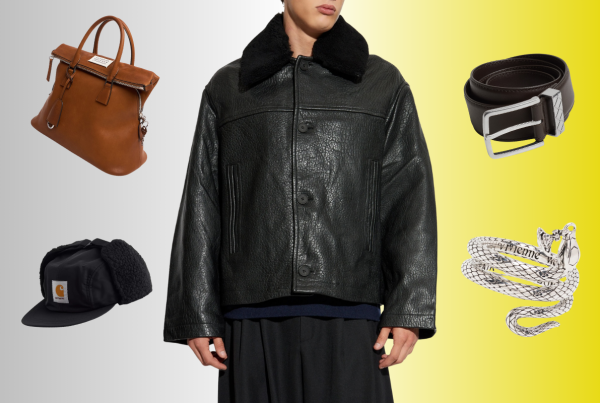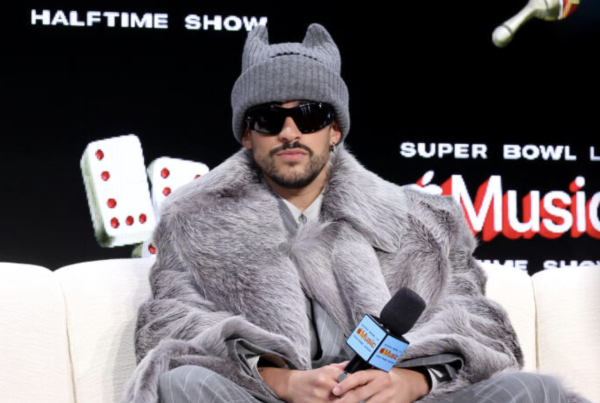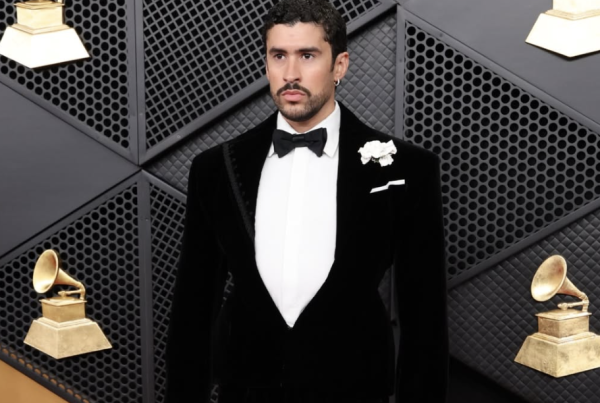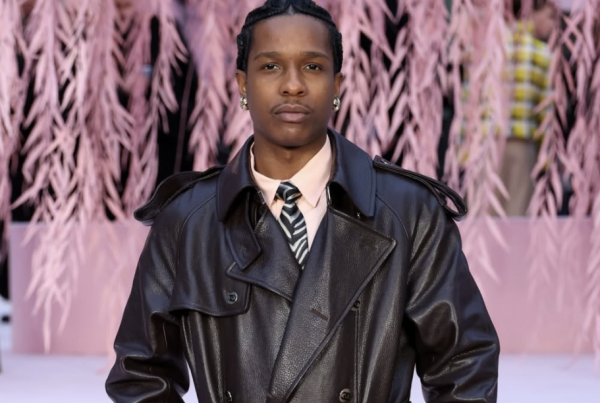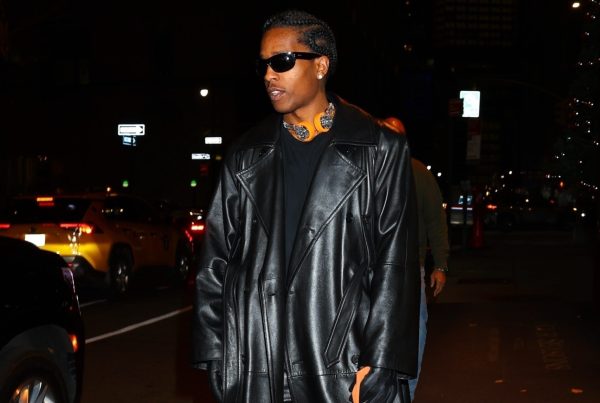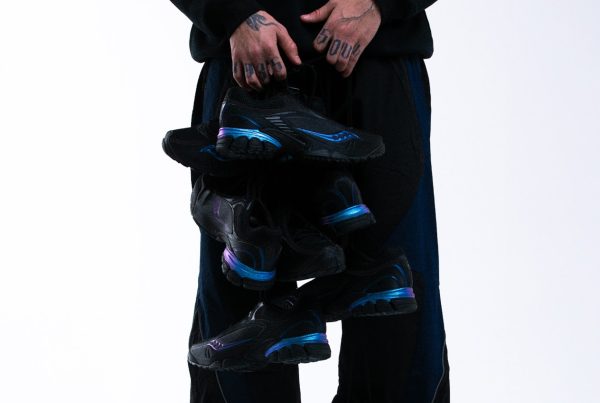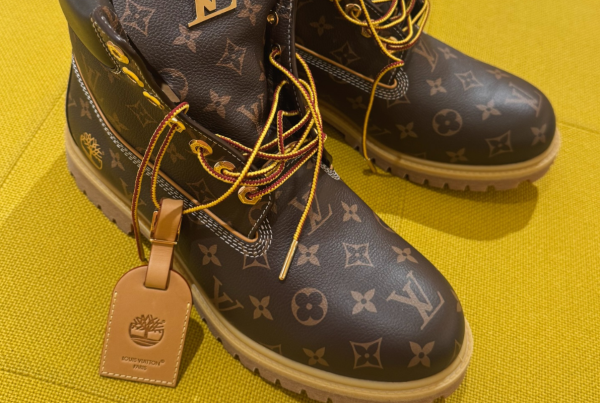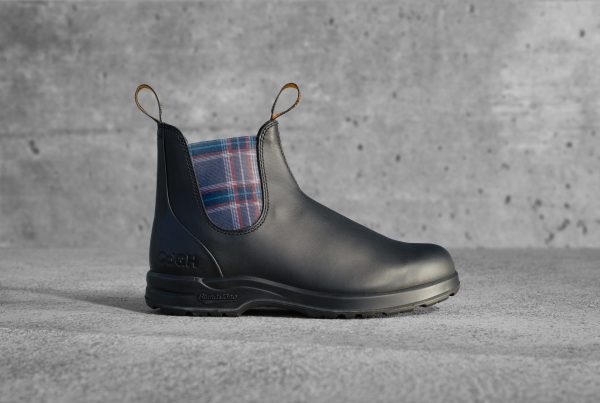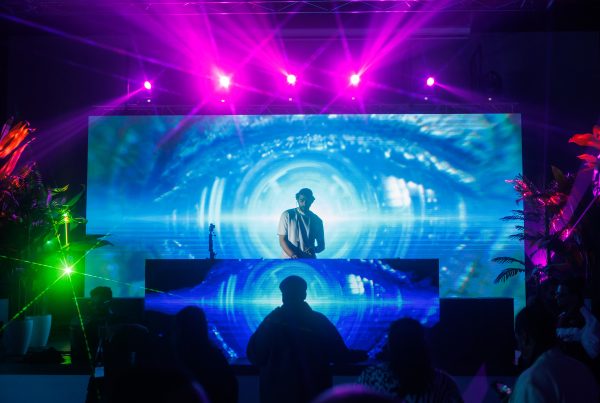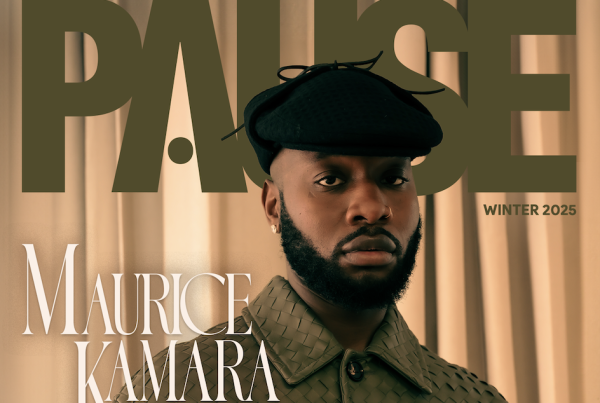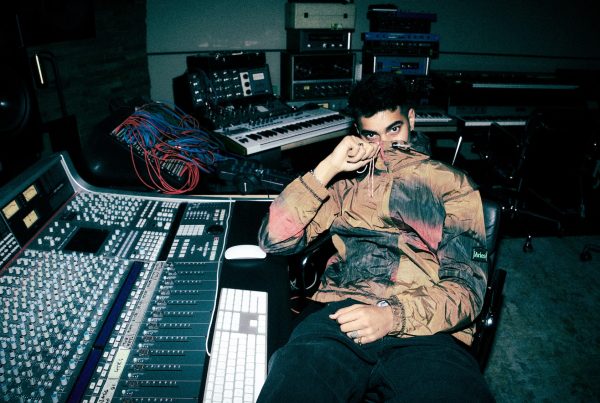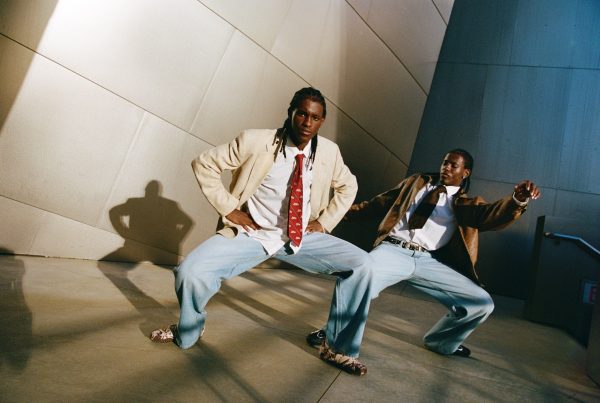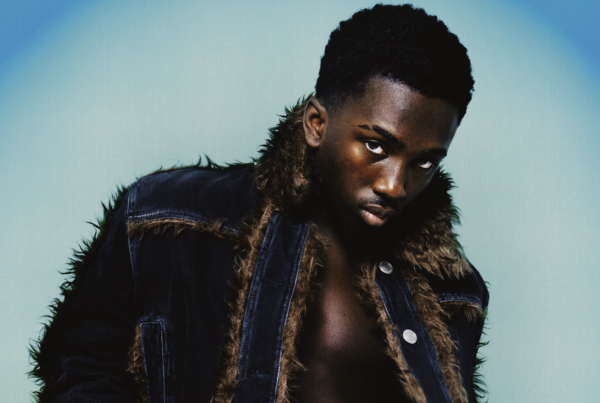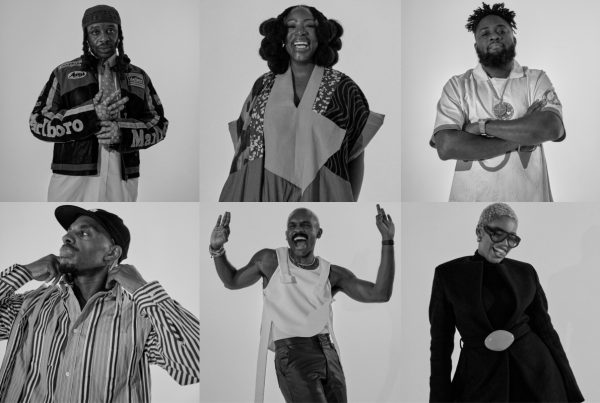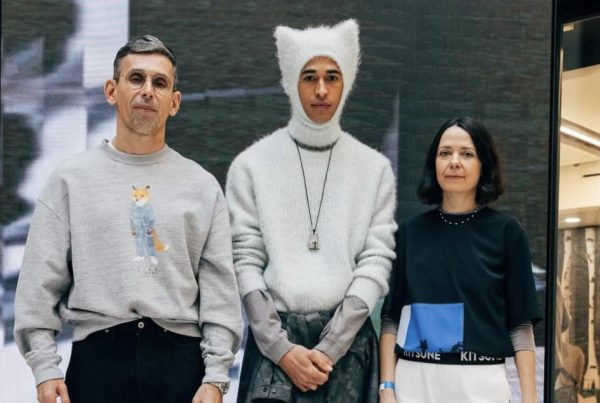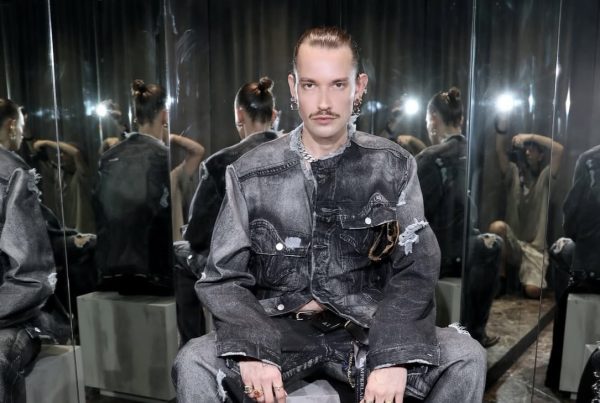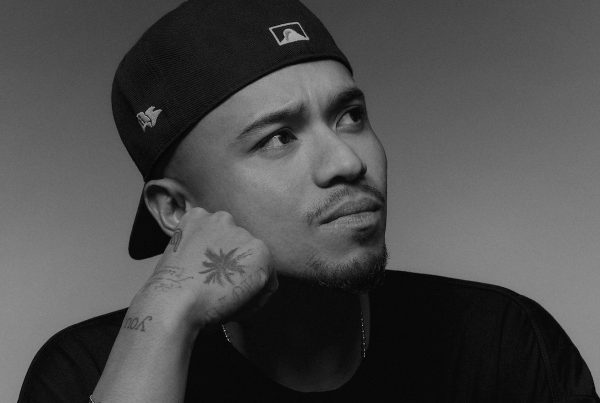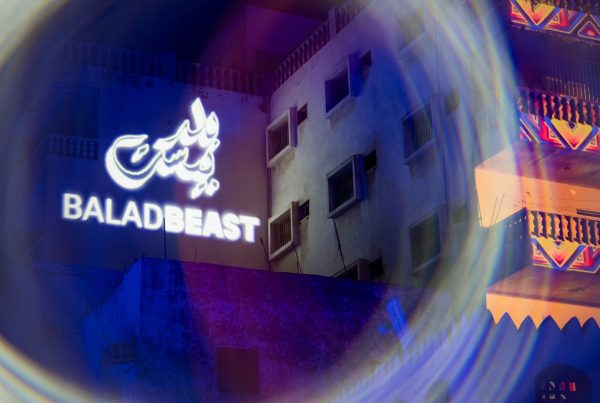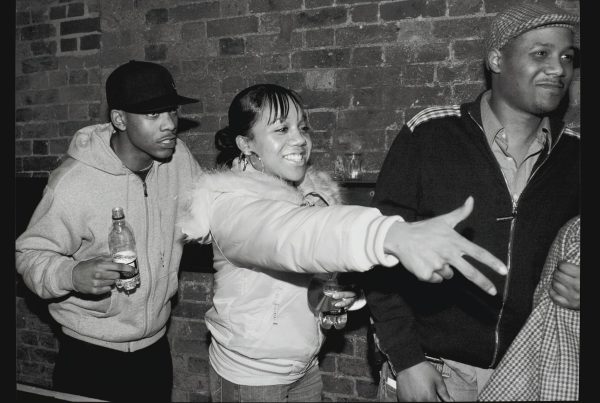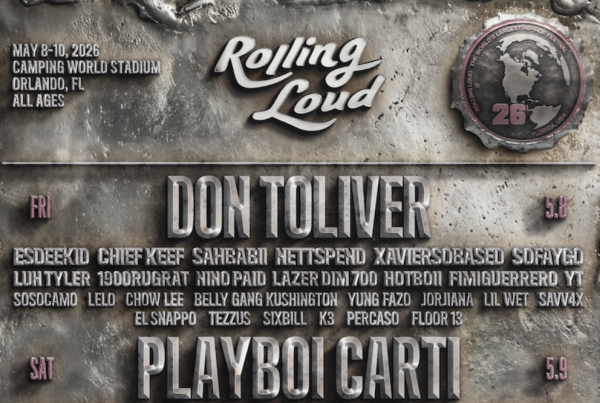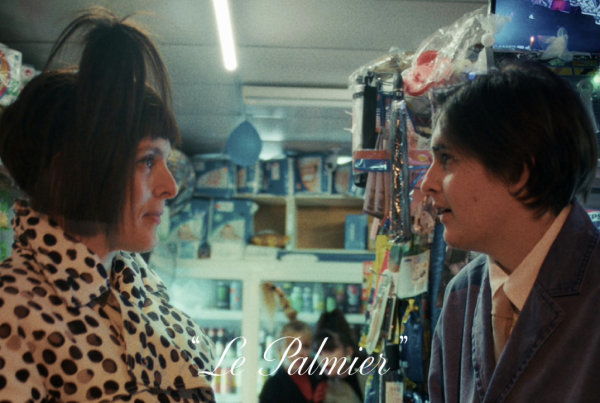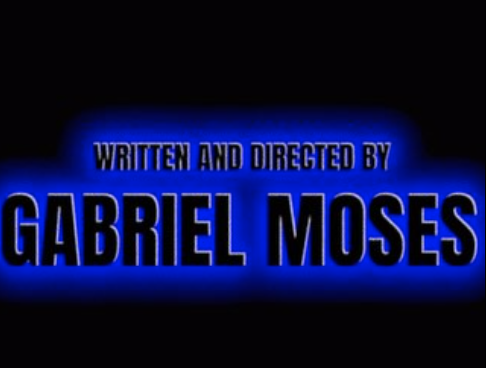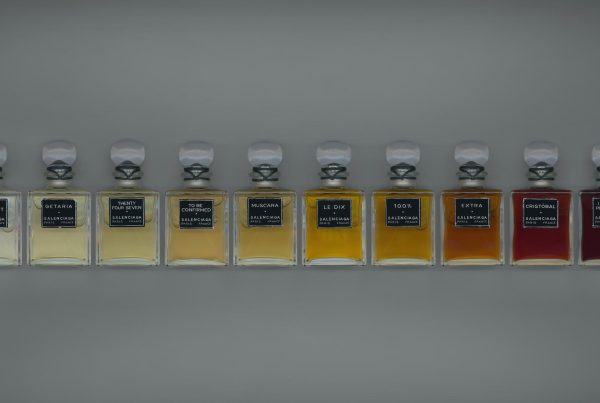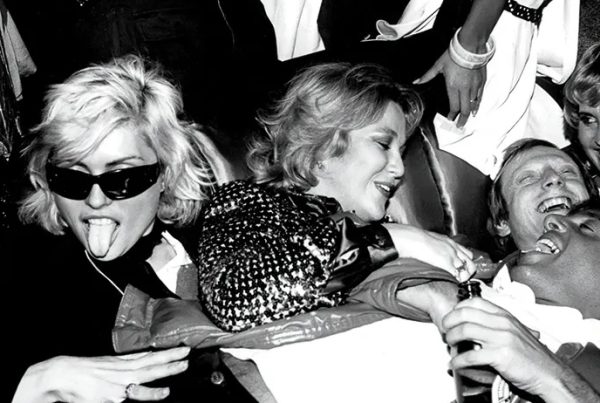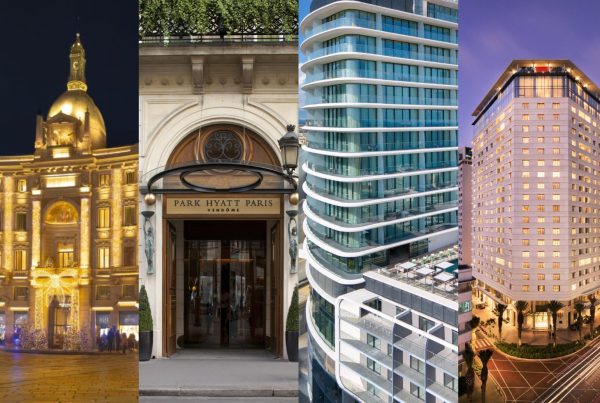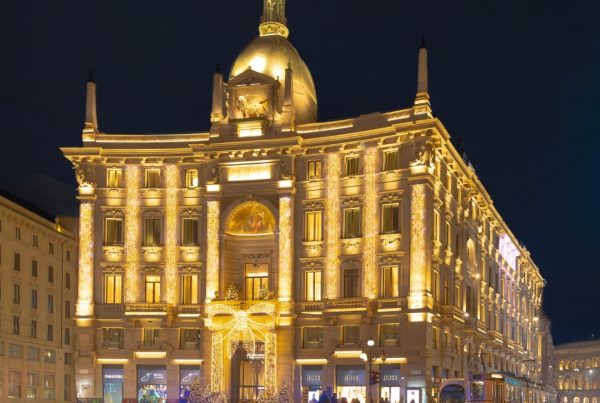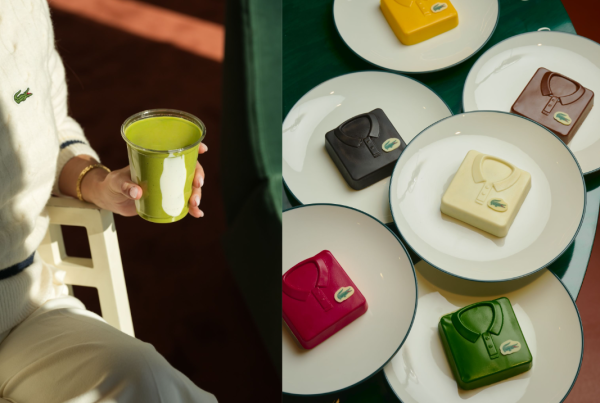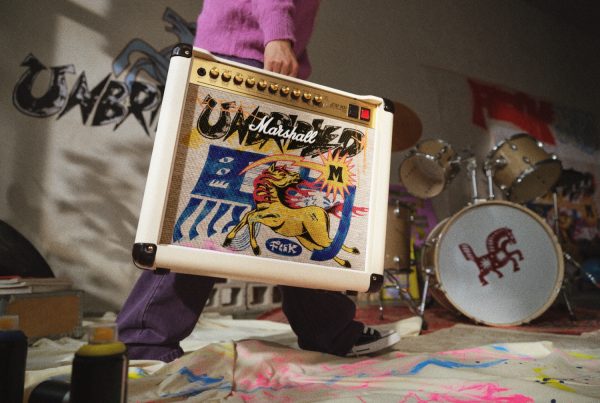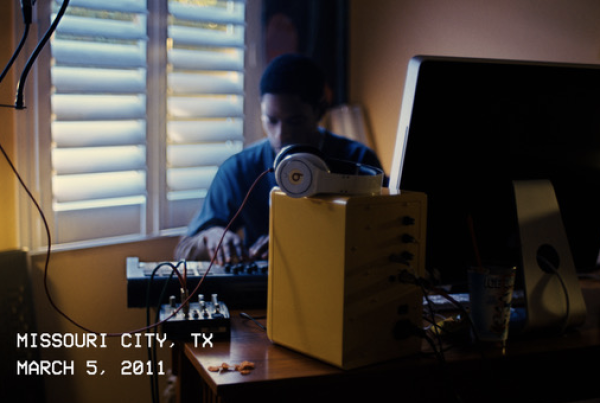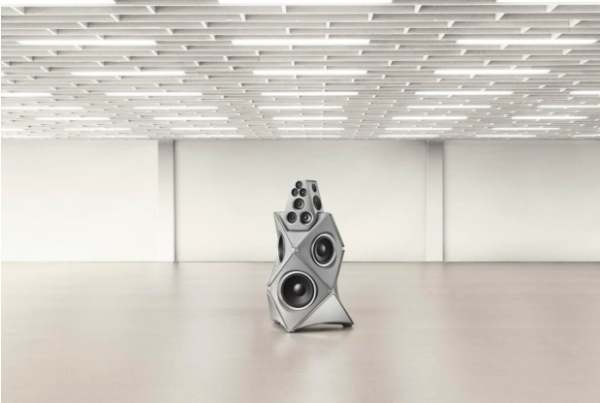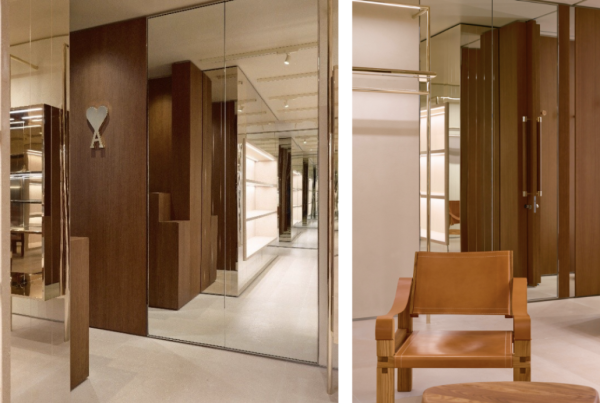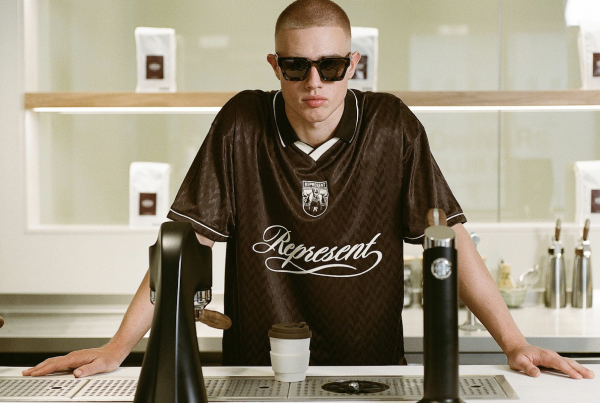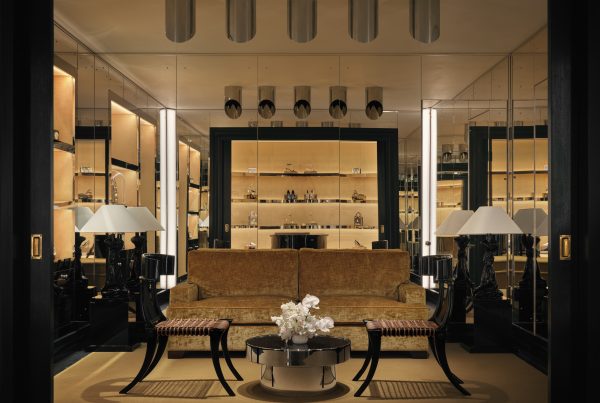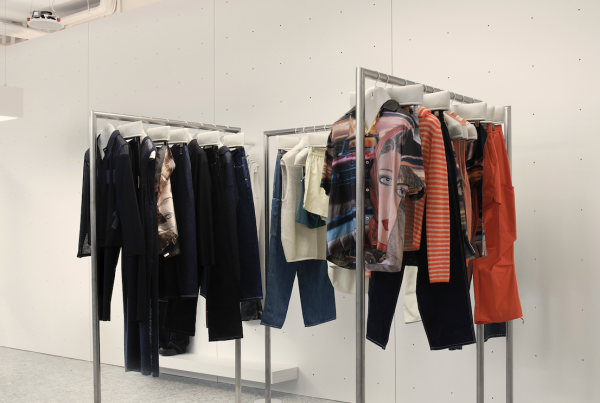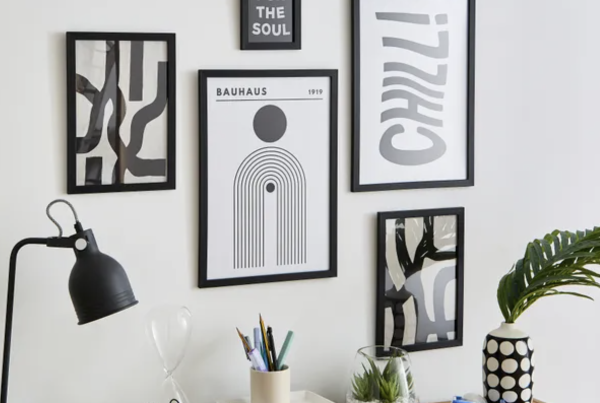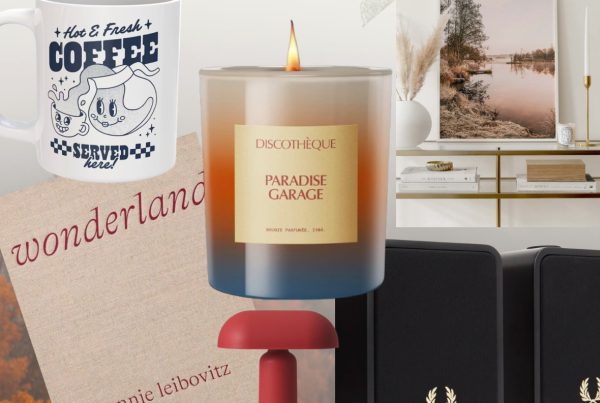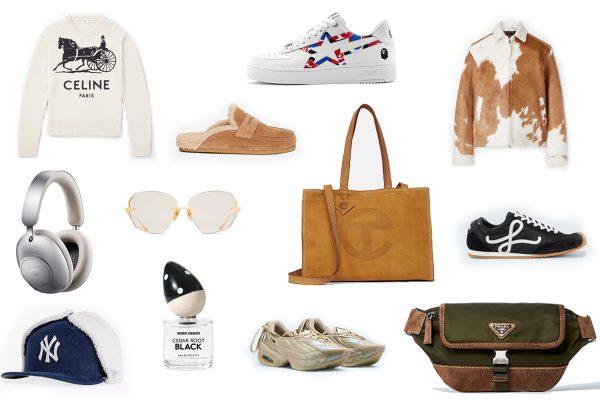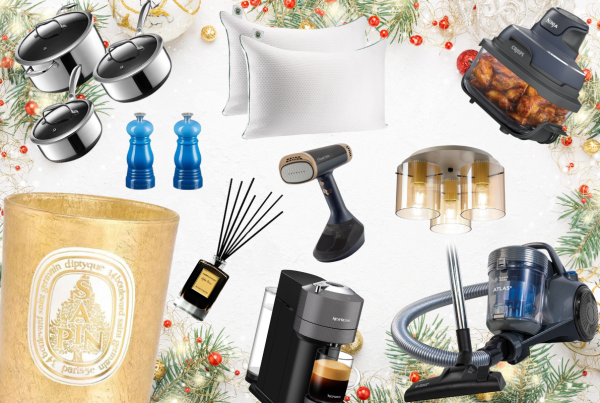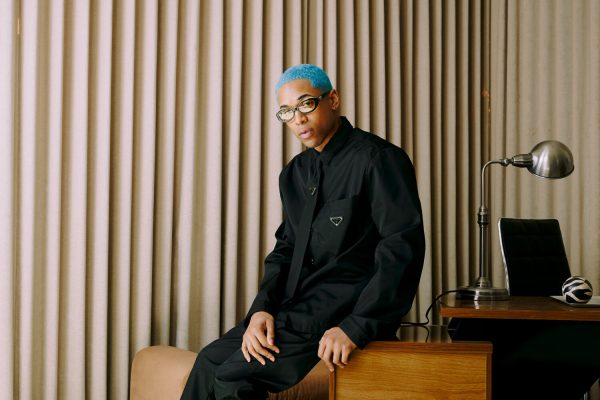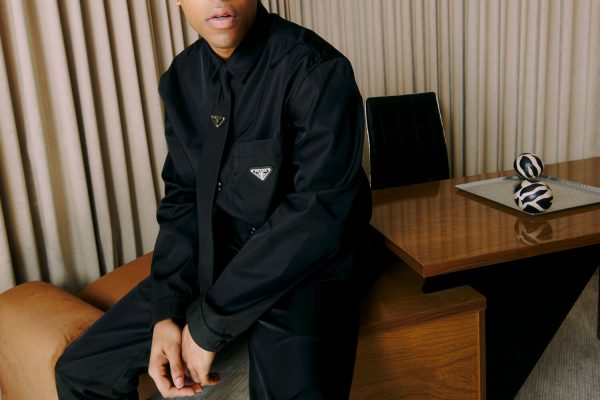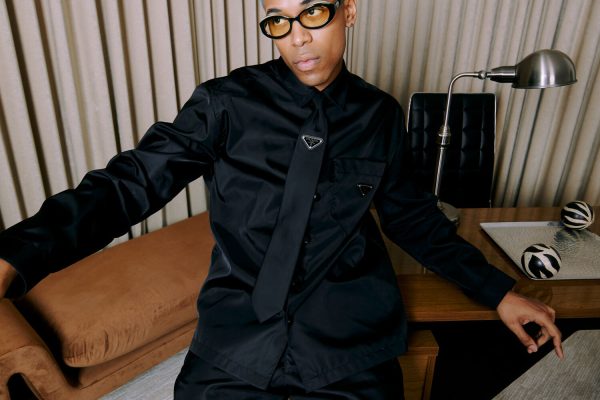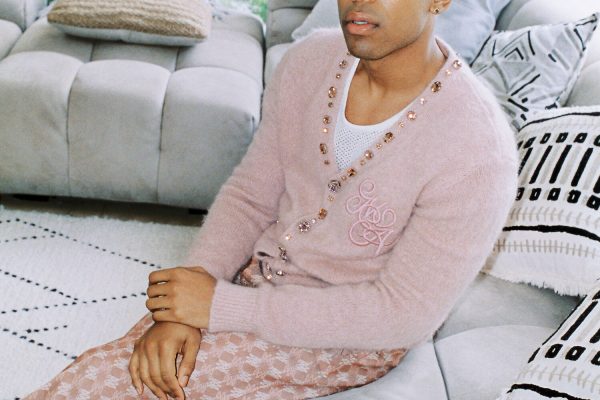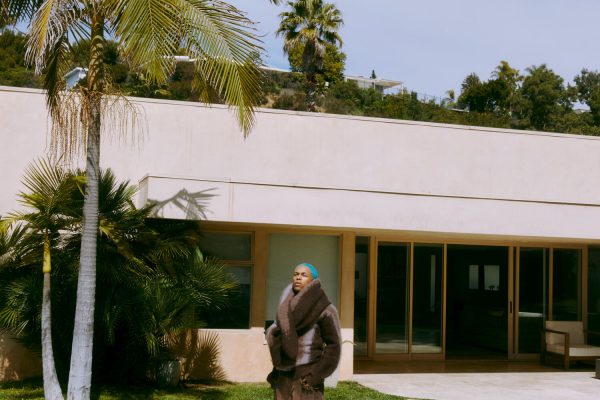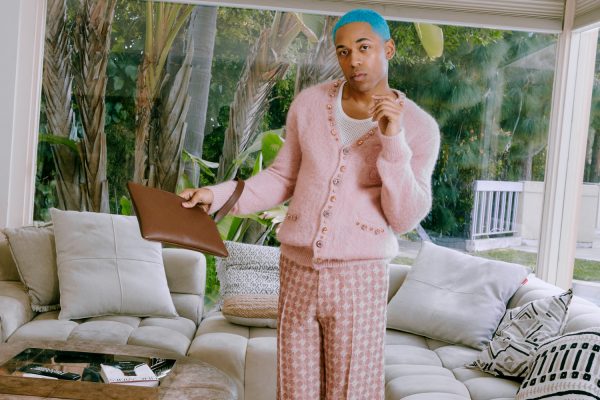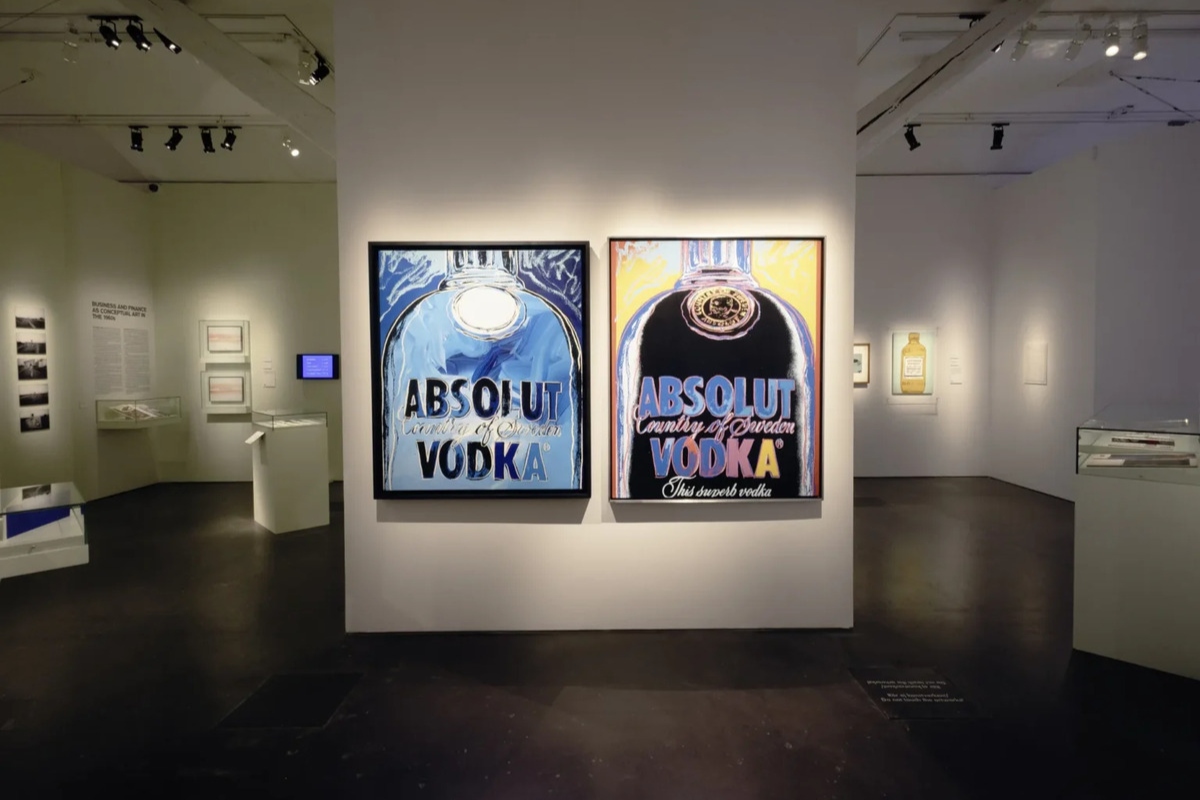PAUSE MEETS:
Kelvin Harrison Jr.
Chats presence, growing up in New Orleans & evolution.
“Step into any room with presence, and act like you know you’re the one.”
Kelvin Harrison Jr. is no stranger to transforming his artistic identity to fit the roles he takes on, whether on screen or in the world of fashion. From his breakthrough performance in Waves (2019) to portraying icons, Harrison has quickly established himself as one of the most dynamic actors of his generation. But it’s not just his acting chops that have made him a standout—his distinctive sense of style and collaboration with the fashion world have cemented him as an influential figure far beyond Hollywood circles.
Born to two creative parents, Harrison grew up in New Orleans – a city teeming with rich musical and cultural history, and a creative energy that has seemingly fuelled the actor’s relentless drive. Not only is he a classically trained musician – mastering piano, violin, and trumpet, but he’s also proven time and again his ability to span a striking range of genres and themes. This artistic versatility mirrors his ease in the world of fashion, where he’s become a fixture of high-profile campaigns, such as the face of Prada’s Paradoxe SS24 campaign—a move that signals the growing overlap between cinema and couture.
However, for Harrison, fashion is more than just an external statement—it’s beyond just material depiction. But fashion isn’t
Harrison’s only passion—music, activism, and representation are deeply embedded in his DNA. Offering representation that goes beyond the screen, the actor understands that his influence, both in fashion and film, can inspire a generation.
In this interview we dive into the mind of one of Hollywood’s most compelling young talents, a man whose artistry spans from the screen to the runway and beyond.
Check out the full interview below.
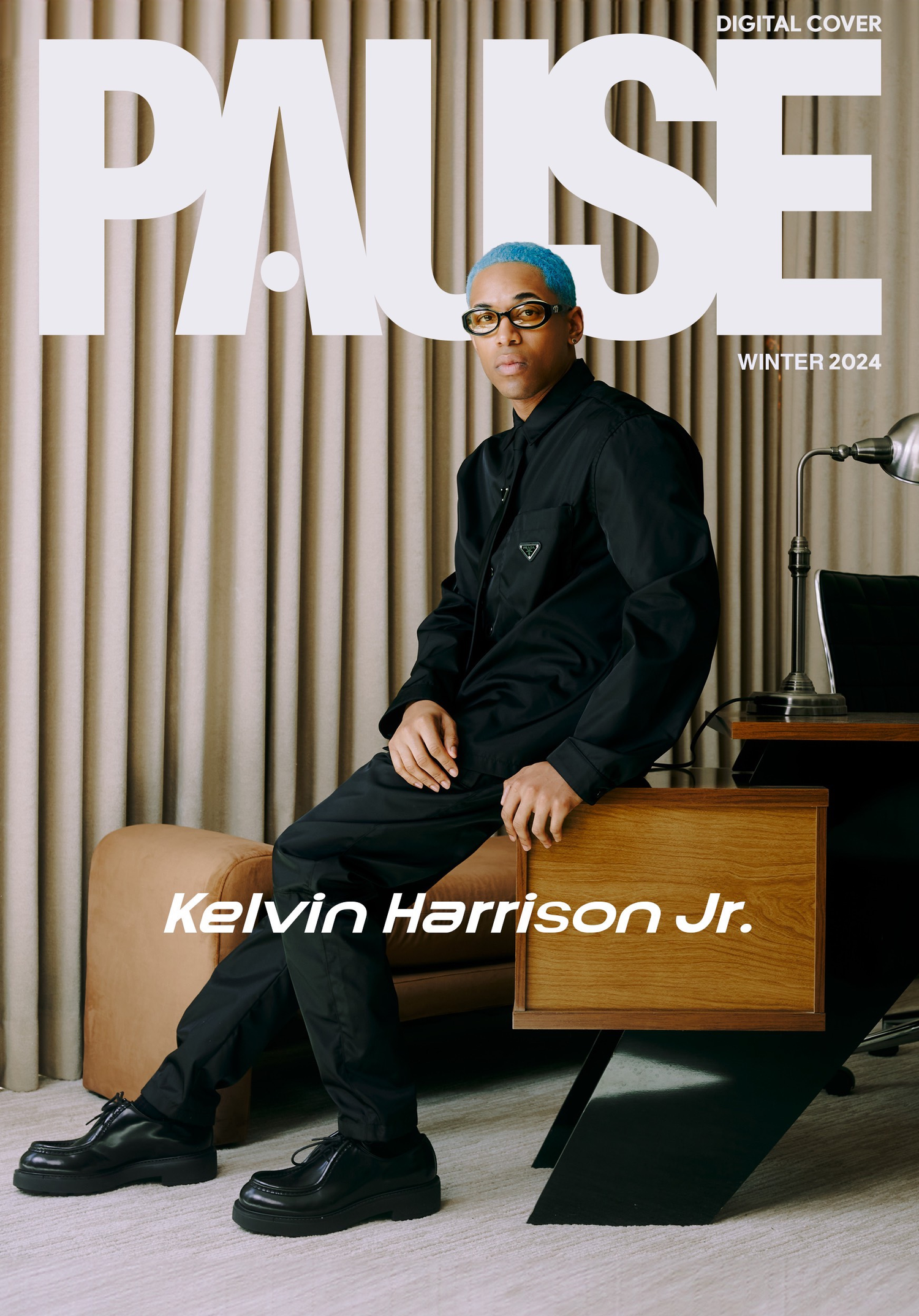
Growing up in New Orleans with musician parents, how did your creative upbringing shape your artistic journey, both in music and acting, and how did the cultural richness of New Orleans influence this artistic expression?
I think my interests and curiosities about life and humanity are deeply influenced by growing up in New Orleans. The city is rich in culture, and it’s full of diverse, creative people who, despite limited resources, make the most out of what they have.
I went to school in the French Quarter, which meant parking in a lot about four blocks away and walking through the heart of the city. On that walk, I’d encounter street performers, artists, drag queens, musicians – so many unique characters. Being exposed to such a vibrant mix of people at a young age allowed me to see the world in a more surreal and fantastical way.
This exposure has shaped my perspective and is a big reason why I’m drawn to certain roles. It’s why I’m increasingly interested in exploring character more than anything else in my work.
You play multiple instruments, like piano, violin, and trumpet, like you’re really talented. How do these musical talents contribute to your discipline and determination in your acting career? And if you can share a moment with us where your musical skills directly influenced the role you were playing?
My dad was a classical music teacher and also taught middle school band when I was growing up. He played a huge role in shaping my discipline and work ethic. He studied with the best and was strict about practicing. My days were full – I’d go to school from 8 AM to 3 PM, then attend a creative arts school from 4 to 6 PM, and still have to spend two hours practicing in the music room at home.
That discipline and focus taught me how to manage my time, balancing work with personal life so I could still enjoy being young. This mindset definitely influenced my approach to training for Chevalier (2022). It wasn’t just about the technical preparation; it was also about embodying the attitude my dad had in the classical music world—bringing that energy, confidence, and swagger to the role.
But let’s talk about Chevalier (2022) and Monster (2018). Those roles have been like really, really impactful in your career. How do you select roles that align with your personal values and aspirations?
I try to find things that inform a little more about what my experience is in this life. And based on the things I’ve crossed, that’s crossed my path, people I’ve met, obstacles I’ve had to overcome, things that I’m still working through, questions that I have about life. And so when I’m getting a script, I’m hoping to be moved and I’m hoping to be educated and I’m hoping to learn something new.
I think Monster did that for me because it taught me a lot about specifically what it meant to deal with the justice system as a person of color in America. But also it’s a family film. And so it’s a film about a father and a son, a mother and a son, and the pressures of what parents have to go through to figure out how to raise your son to the best of your ability to survive this world. And then Chevalier is a classic tale of an older story of a man who also had to deal with the same thing, It’s how do we protect our personhood and those that we love as we also live under certain jurisdictions and rules, and then how do we navigate that to make the future a better place for all of us, you know?
How do you maintain your mental and physical health? Especially after intense performances like Waves (2019) and It Comes at Night (2017), which have been roles where you have to really, really prepare. And yeah, can you share with us how you maintain this health?
When I first started out, I didn’t really know how to approach it. I was just going all in, doing whatever it took to get the shot or make the part work. But as I’ve gotten older, I’ve realised my body doesn’t work the same way it used to. Now, I ask more questions before I even get to set. I think about what’s actually necessary in a scene and I also get to learn new things from watching the older cast, too. For example, setting boundaries is important – once the day is over, there’s no need to keep talking about work. Small things like that help protect your physical and mental health.
Taking time for yourself, whether it’s hanging out with loved ones, watching a movie, enjoying a good meal, laughing, playing a game, or going for a hike, really recharges you. I’m a big fan of amusement parks, too. These moments away from work help you come back refreshed and ready to give your best.
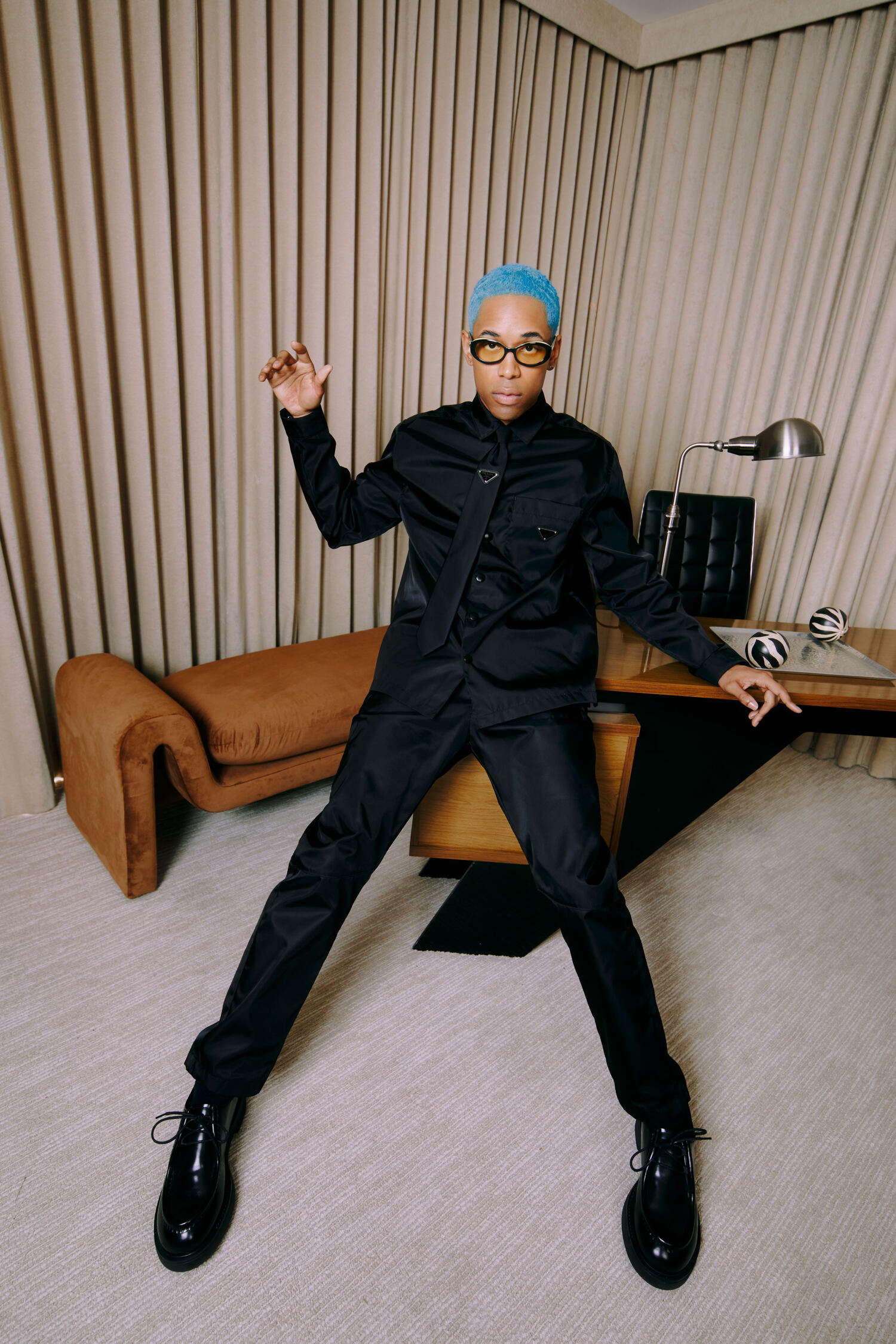

Jumper – Jielin Wen, Jacket – Lanvin, Jeans – Prada, Boots – Prada, Gloves – Jielin Wen.
But now in regards to creativity and activism, how do you see your work influencing or being influenced by the characteristics of this generation?
In the early part of my career, many of the roles I chose were driven by questions I had for society and challenges to the responses I had heard about people like me, or even about humanity in general. These were often the same questions that the filmmakers I worked with wanted to explore.
I believe that in challenging humanity and questioning what it means to love, support, and create an environment of equality and community, we inevitably hold up a mirror to ourselves. This reflection can reveal the less pleasant aspects of who we are. While it might not be direct activism, this process of deconstructing our ideas about identity and society can lead to a deeper impact. It encourages us to reconsider and potentially reconstruct our values in a more loving way.
In this sense, it’s a form of “human heart activism” rather than traditional social justice activism.
Now, diversity and representation are crucial in today’s media landscape. If you have it, you have it. But can you discuss a role from your past work that you feel made a significant impact on this conversation? Like, we want to hear from you.
That’s a great question. Everything happened so quickly, but I do remember that when I did Monster, it felt like a turning point for me. I credit much of the shift in diversity and inclusion, particularly for young Black men, to Michael B. Jordan’s work in Fruitvale Station (2013). That film felt like a major turning point, and I believe it paved the way for projects like Monster.
Michael’s success at such a young age created a demand for more stories like his. The audience responded, and the industry followed suit. Monster became a pivotal moment for me because of that momentum. After its positive reception at Sundance, and with films like Waves and Luce (2019) coming out, it solidified the idea that there was a real market and audience for coming-of-age stories about young Black men.
This shift also happened during a time when the Black Lives Matter movement was gaining traction, and under the Trump presidency in 2016, the cultural conversation around race became even more urgent. There was a growing need for stories that reflected our experiences and answered the questions people were asking.
So, while there wasn’t just one role that marked the shift, it was a combination of my work and that of my peers that helped bring these stories to the forefront.
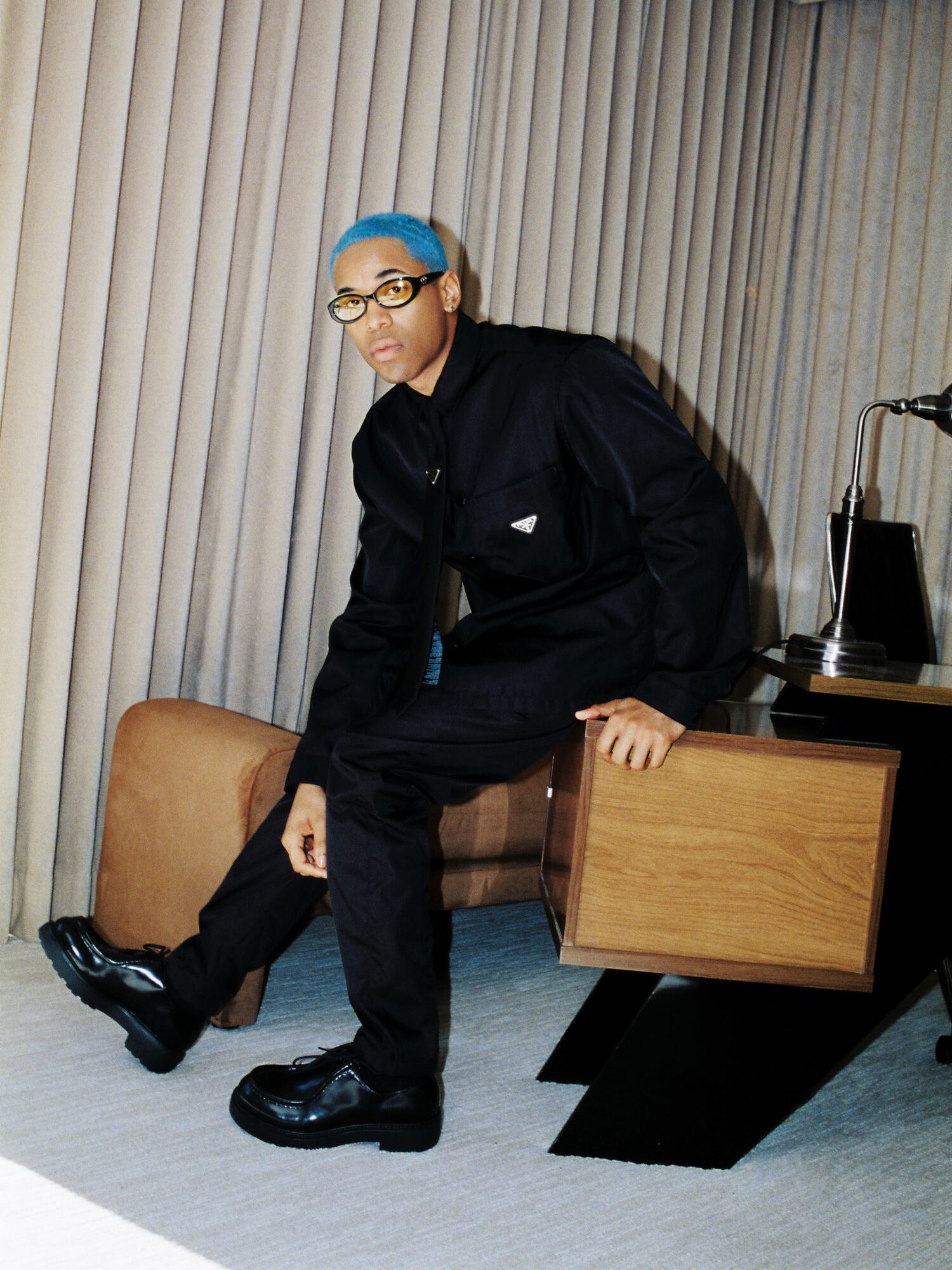
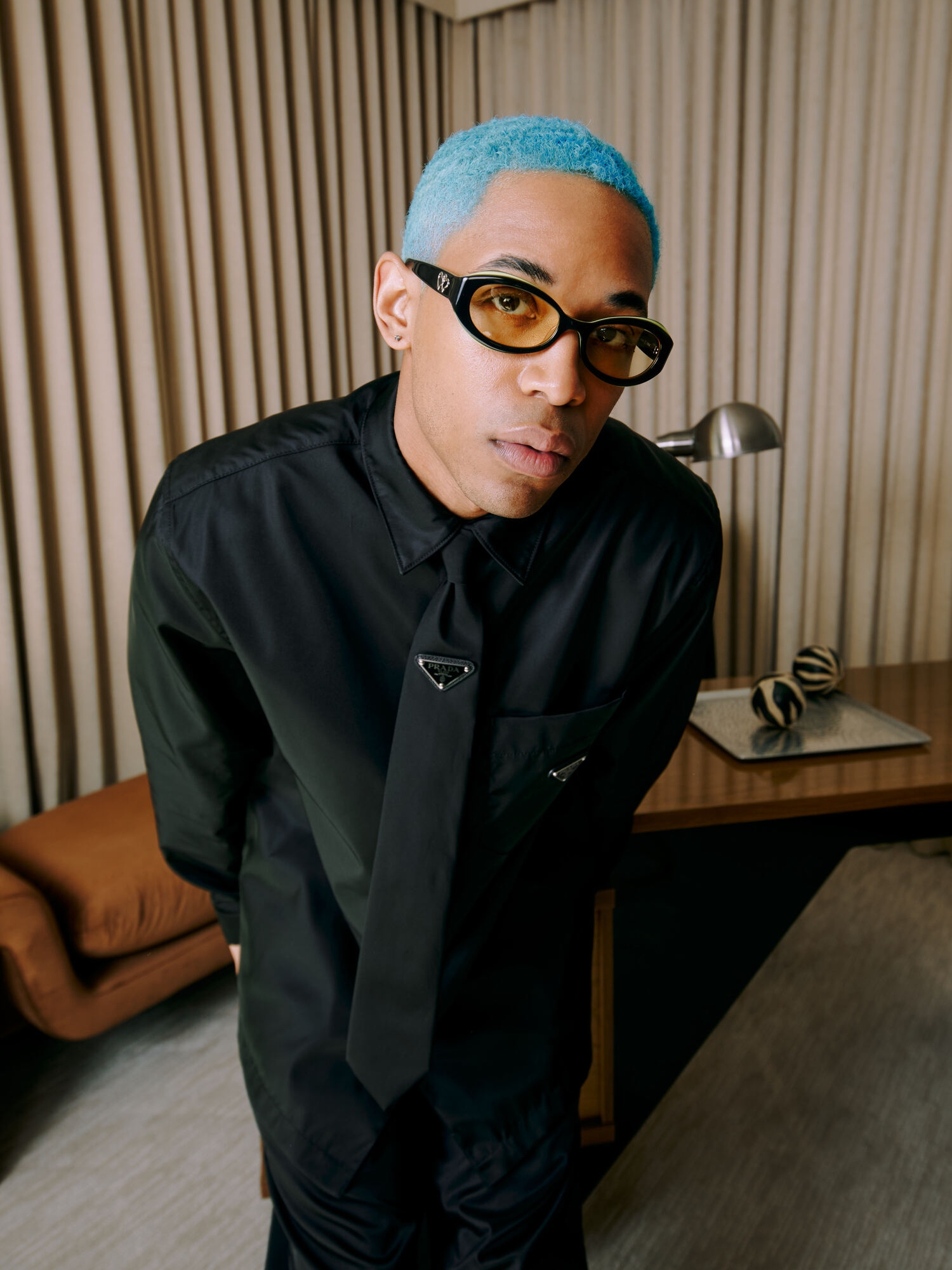
In the age of social media, how do you balance maintaining a public persona while protecting your private life? And do you have any strategies for managing your online presence?
That’s funny, you know? [laughs] I’m not as good with social media as I’d like to be, but I’m working on it. I’m trying to embrace this new era of “the socials.” It’s interesting because when it first came out, it felt cool and innocent, with everyone just posting funny stuff. That’s when I was most active. But as I started realising it was becoming something more serious, I decided to step back and observe how it was affecting people before diving in any further.
I don’t share much about my private life – I try to keep a balance. I’m still figuring out how to navigate the game. It’s easier to protect your personal life when you keep the focus on your work. You know what I mean? There are definitely parts of me I could share more of, but at the end of the day, if people like me, I want it to be because of my work, not my personal life.
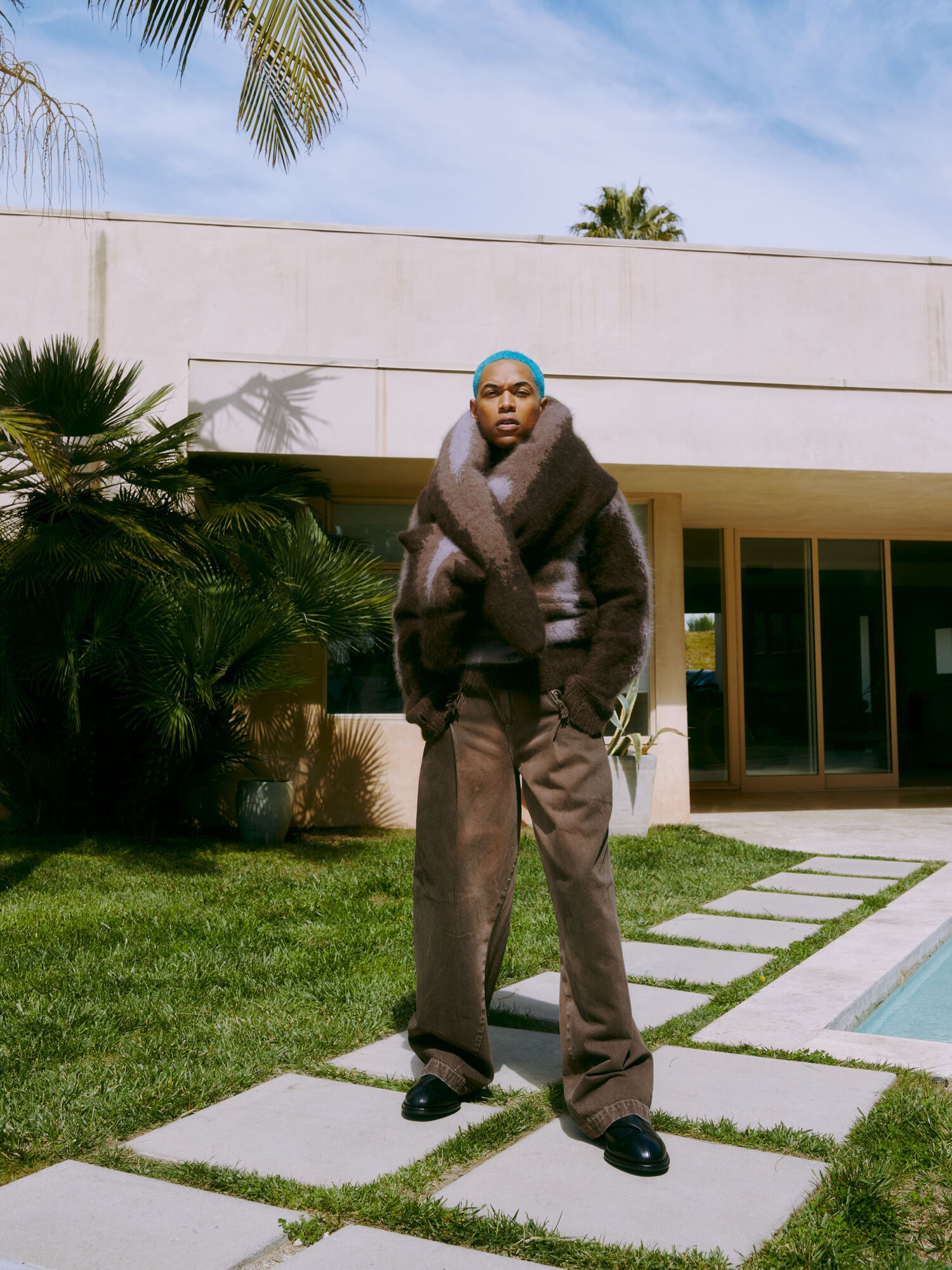
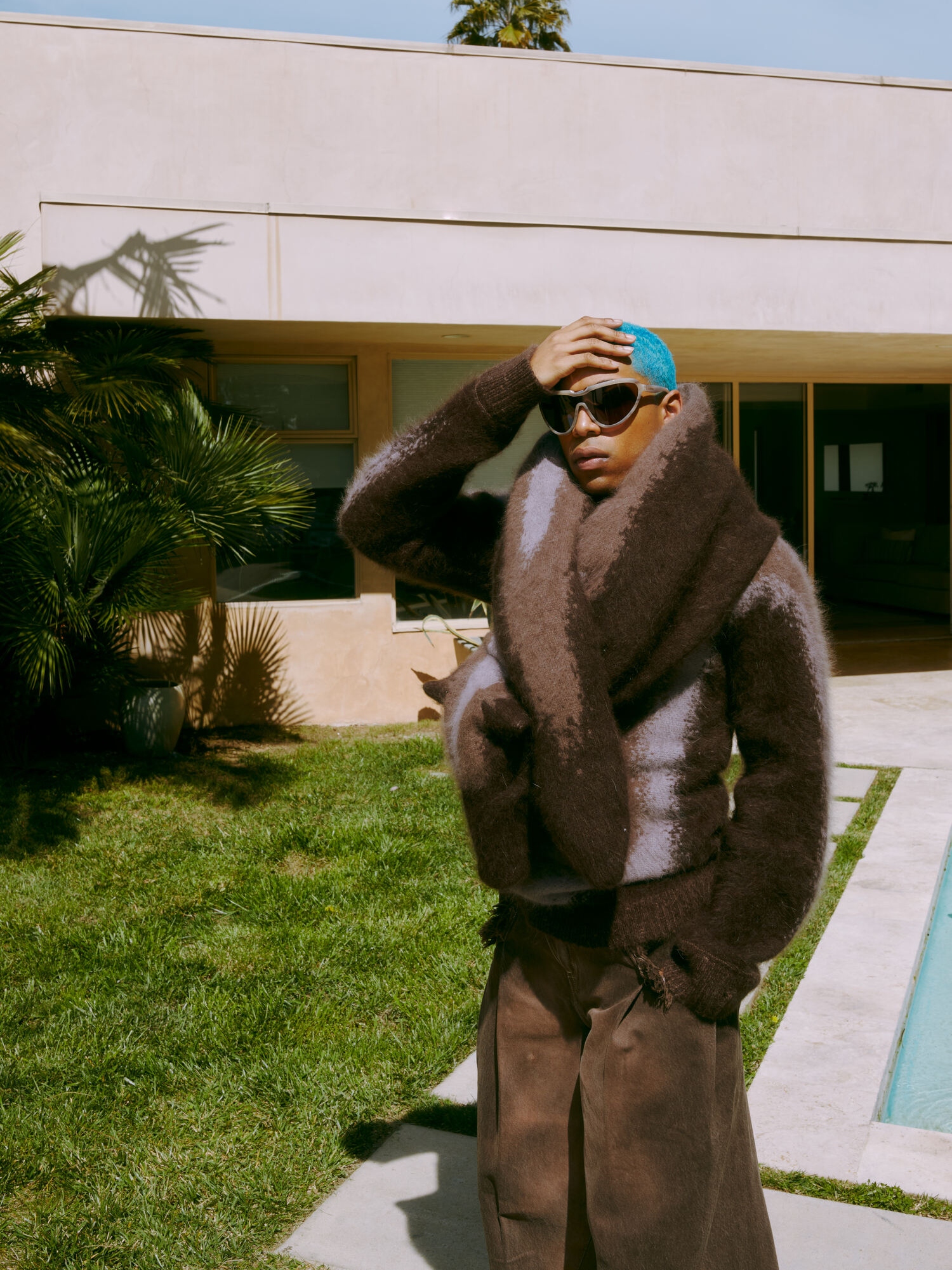
Full Look – Yu Yifan, Shoes – Yu Yifan, Sunglasses – Tom Ford.
Let’s talk about fashion, because it’s really interesting to know your view. Okay. So fashion is a powerful form of self-expression. How has your personal style evolved over the years? And who and what are your biggest fashion influences today? Do you have any significant people in your life that have been impactful in your fashion choices?
Fashion has become something new and exciting for me. I see it as an extension of character building in the worlds I create. I’m a huge fan of rock stars like Lenny Kravitz and Prince, they’re style icons to me. There’s something so liberating about the way they dress. They manage to balance masculinity with a sense of freedom that isn’t confined by traditional norms; it’s all about bending the rules.
And even though I’m at home, right now… I’m in a hoodie and a tank top and some sweats. But every now and then I’ll see something I like and I want to try it. Right now, I’m really into black denim, a good lace-up, and some dad socks. I think fashion allows you to embody different eras or moods depending on where you are in life.
A lot of my style also depends on my hair. If I have a low cut, I dress one way, but if I’m rocking an Afro or braids, my style shifts accordingly. When I have my locks, I might lean into a 70s vibe – maybe bell bottoms, or different washes on my jeans. I even went through a sandals phase for a while.
This applies to my personal style, but also professionally. I’ve been working with Prada for the past year, and it’s been such a cool experience exploring fashion in a more formal setting.
Yeah, you’re a Prada boy. As the face of Prada Paradox Season 24, how do you feel that fashion intersects with your personal and professional identity? Especially Prada, what does it mean to you to represent such a prestigious brand and how do you see fashion as a form of storytelling?
I think Prada embodies such a unique elegance and an elevated sense of masculinity. It’s simple, but incredibly effective. The lines, cuts, and shapes are arresting, they make me feel sophisticated, sexy, and timeless all at once. When I wear Prada, I feel like I’m in the moment, yet not confined to it. It’s like I could be from the 50s or any other era. It’s a new kind of masculinity to me.
Working with the Prada team has been an amazing experience. The campaigns have been really cool, and I’ve had the opportunity to attend their shows and wear their pieces for almost a year now. I’ve learned so much about their collections, and it’s been really special.
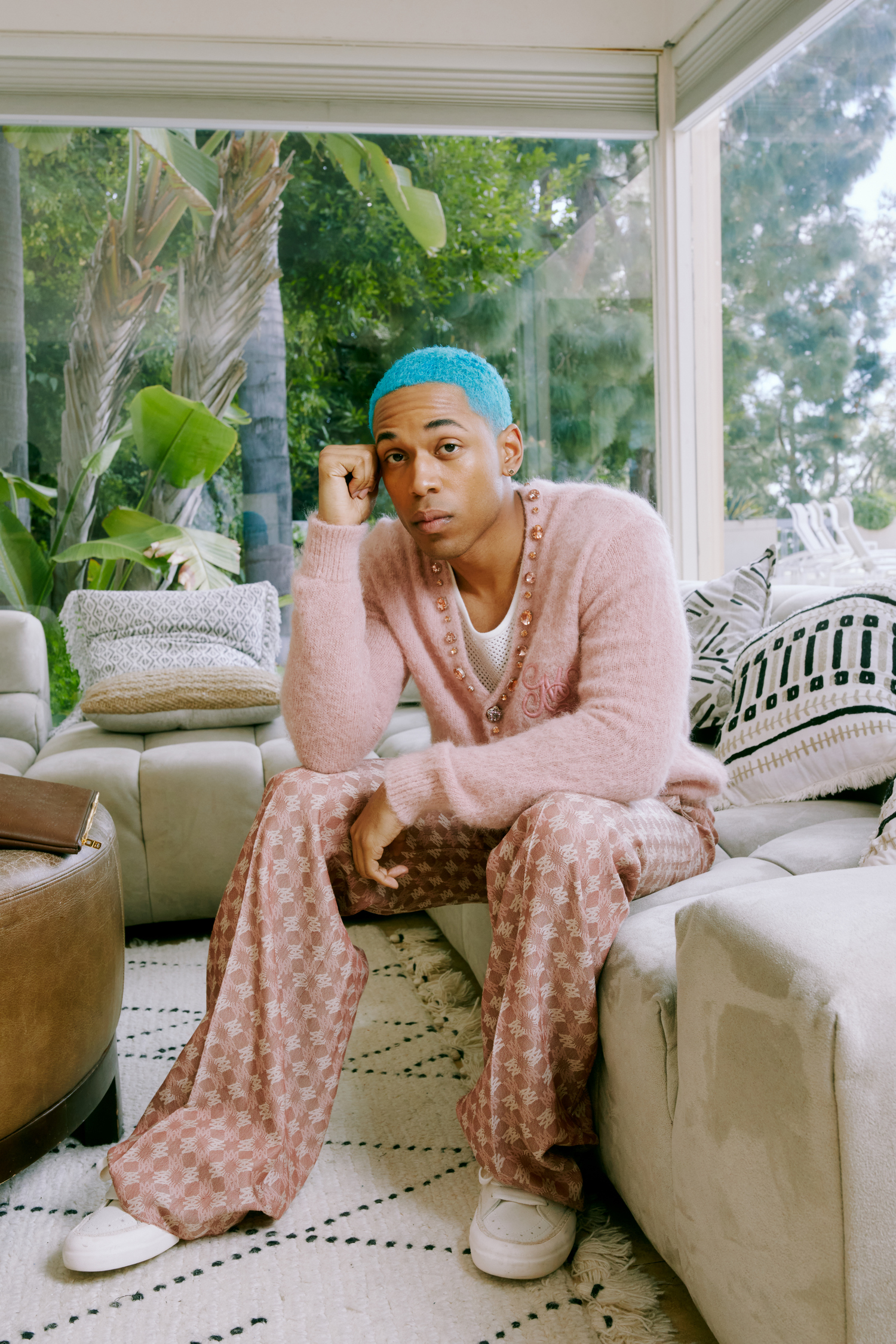
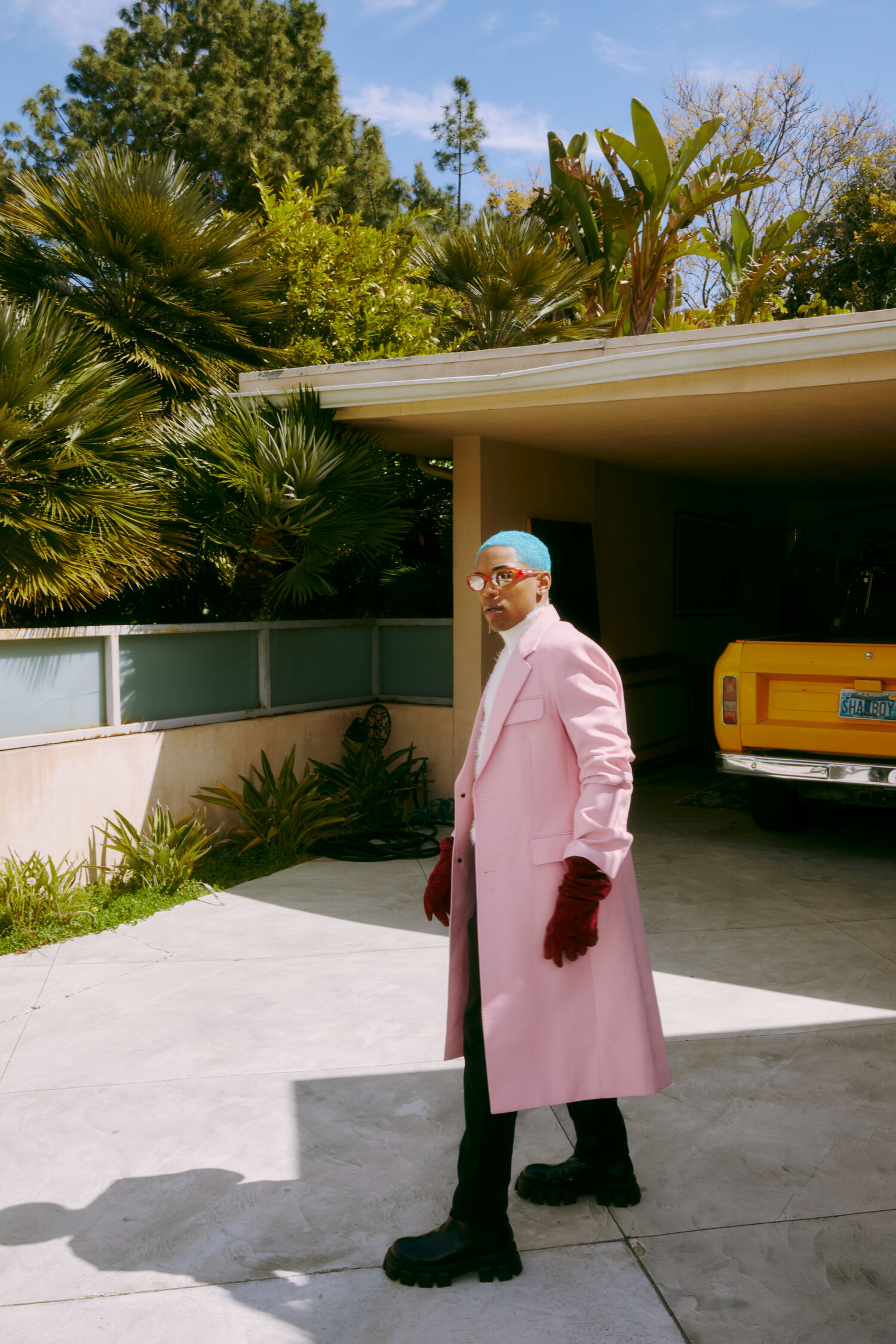
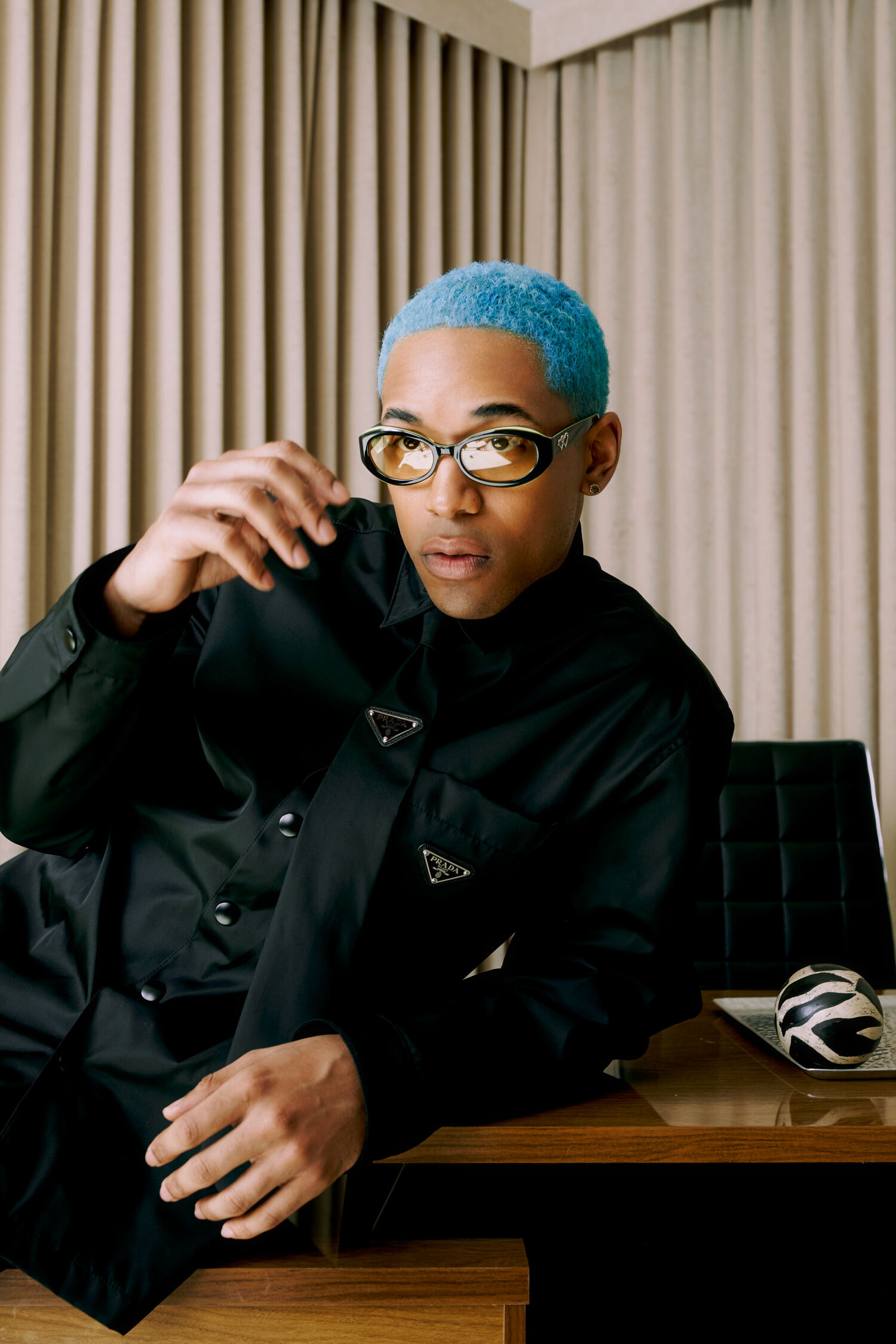
You talk about these high-profile fashion moments, especially walking red carpets and doing fashion campaigns. How do you prepare for these moments?
A lot of what I do is rooted in performance, entertainment, and storytelling. If I’m going to engage with fashion, I want to ensure it aligns with my role as an entertainer. That’s why I chose something like that green jacket. I work with an amazing stylist, Michael Fisher, and when we first met, we discussed my vision. I told him I wanted to embody shape, colour, and joy. I also wanted to incorporate elements of my roots, particularly my hometown, New Orleans, into everything I do.
Michael put together an incredible lookbook and mood board for us to explore. We’ve always stayed true to that vision, constantly revisiting it to ask ourselves, “what story are we telling right now? How does this reflect the work we’re putting out? What does this say about me at this chapter of my life?”.
Every piece I wear and every decision I make is a form of communication. I’m conveying something through it. But I also want people to sense that I’m not taking myself too seriously, that there’s humour, comedy, and levity in it all. It’s cool, but it’s not that deep, you know?
Streetwear – and the multitudes of offshoot trends that have come from it – have become a significant part in all facets of the arts. How does it influence your style?
I don’t actively follow streetwear trends, but I’m definitely influenced by what catches my eye. It’s more about the person wearing it than the trend itself. If I see something I like, I’ll respond to it. I have a lot of smart friends who are really into following trends, and they help keep me young and fresh. But honestly, I’m not too focused on keeping up with what’s popular, I just go with what resonates with me.
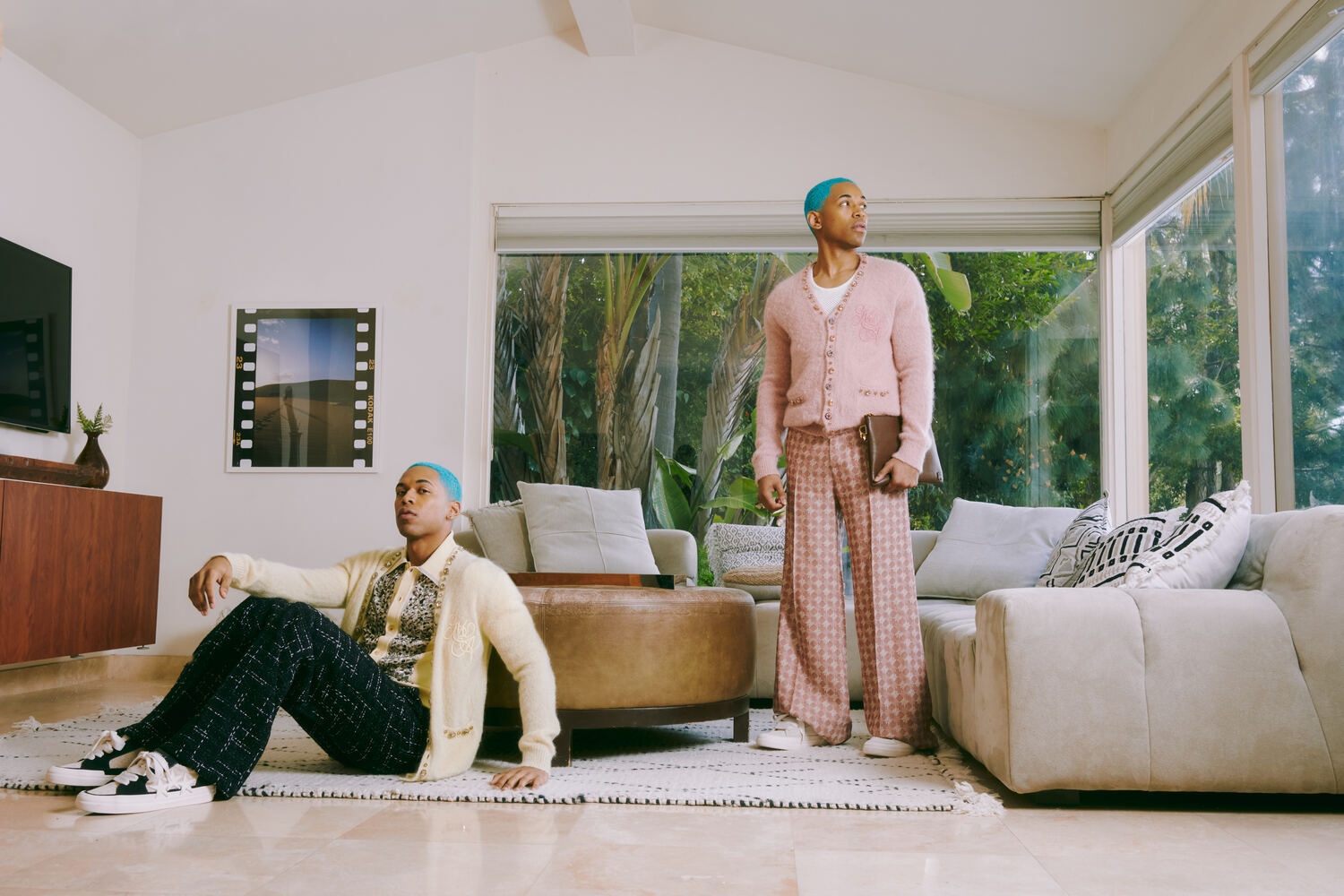
Full Looks (2) – AMIRI.
How do you view the relationship between fashion and confidence? Can you share a time when a particular outfit or style choice significantly boosted your confidence?
For me, fashion and confidence are closely linked. I’ve found that certain pieces really boost my self-esteem. I love a good boot with a bit of a heel – it’s something I share with my style icons like Prince and Lenny Kravitz. When I feel tall, I feel more confident. A well-fitting pair of jeans, not skinny but more tailored or even a bit baggy, can make a big difference. It elongates my legs and just feels right.
I also really enjoy wearing hoodies. There’s something about the comfort and the way they make me feel a bit hidden that boosts my confidence. Double-breasted suits and dress shoes are other favourites of mine; they make me feel sharp and put-together.
Lately, I’ve been into watches. They add a touch of cool to any outfit. I used to wear bracelets a lot, but I kept losing them, so I’m hoping to have better luck with watches!
Fashion weeks are a staple in the industry. Do you enjoy attending fashion shows, and if so, what have been some of your most memorable experiences at these events?
Attending fashion shows is always a thrilling experience for me. One of my most memorable recent shows was a Prada show, which featured an incredible set… it was so stunning! The detail was extraordinary, with a river and creek flowing beneath the floor, creating a truly special atmosphere.
I also had the chance to sit next to some notable people like Troye Sivan, and John David Washington with his mum. It was a very cool and down-to-earth experience. What I love most is how every element of the show contributes to the storytelling. The entire experience, from the set design to the clothes, is a form of artistic expression that’s both entertaining and inspiring.
As someone who is constantly in the public eye, how do you stay true to your personal style amidst changing trends and external pressures?
External pressures do play a role, but they don’t significantly affect me. I notice trends, like the current buzz around short shorts, but that’s not something you’ll catch me wearing. I prefer to wait until trends are on their way out and then explore them in my own way.
I’m not focused on following every trend. Instead, I let others lead the way with what’s currently popular because they have a genuine interest in it. I choose to embrace styles that may be a bit off the beaten path or that others have moved on from. This approach helps me stay true to my personal style and avoid getting swept up in the latest fads.
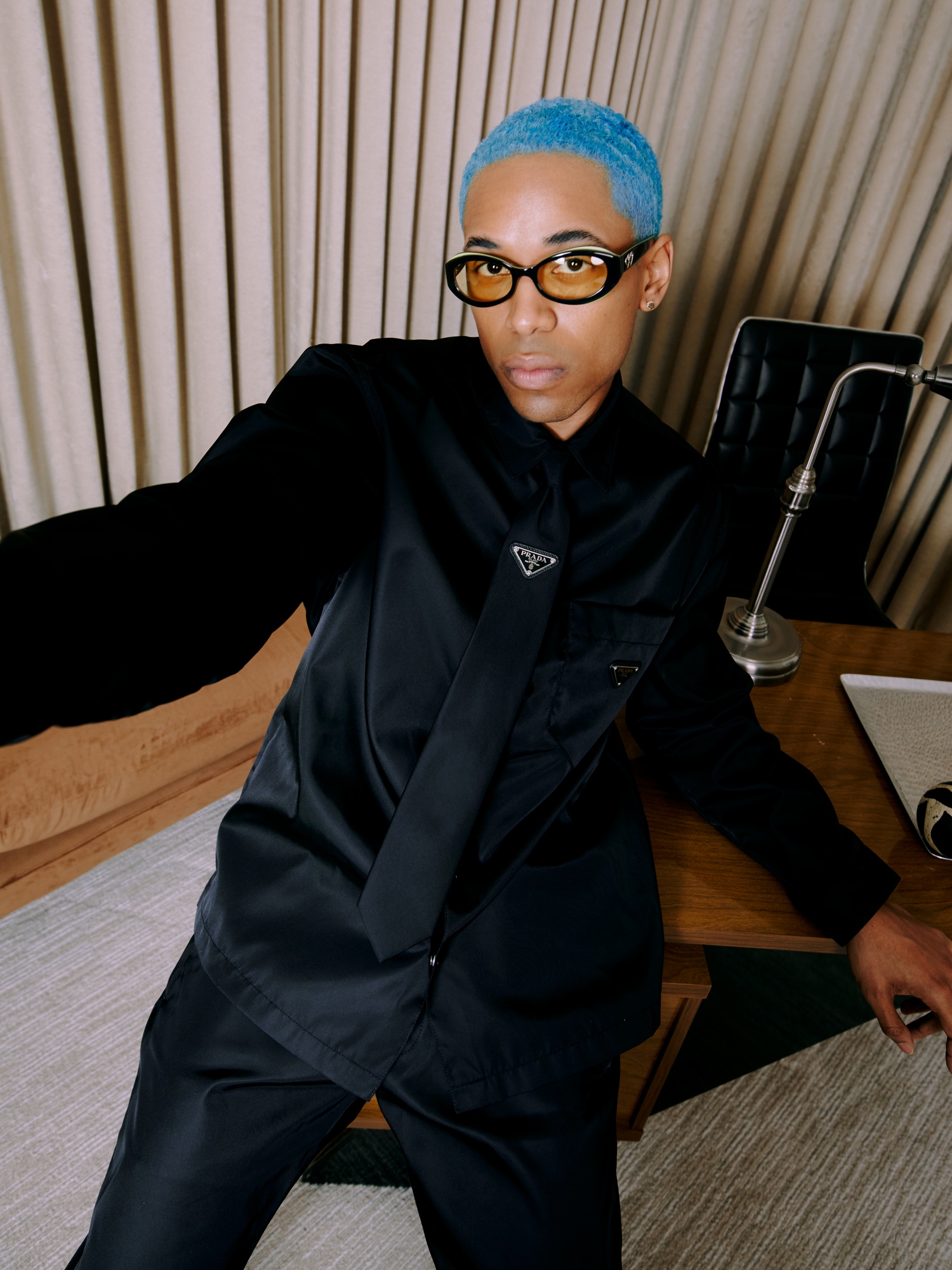
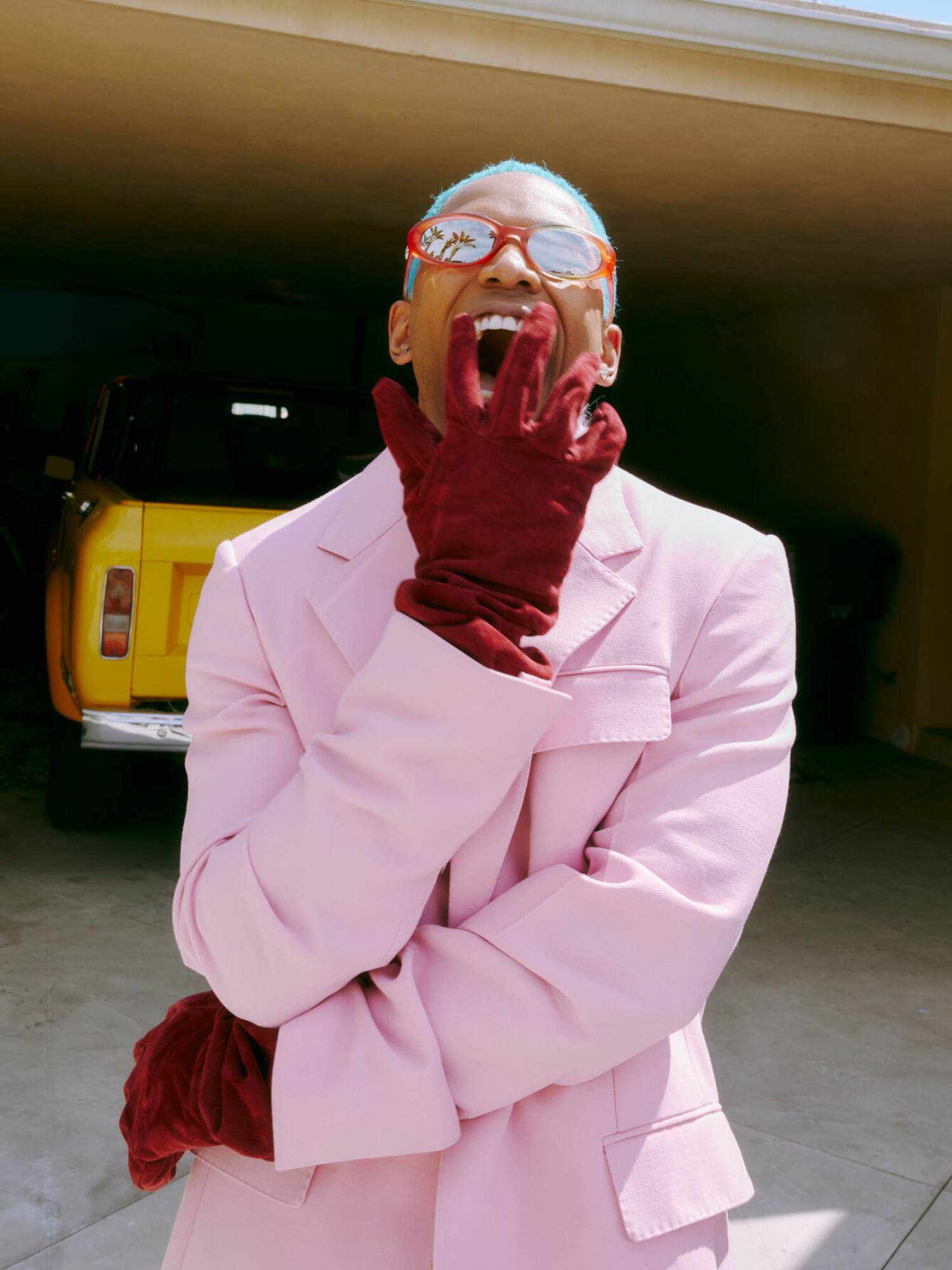
What is something that people would be surprised to know about your approach to fashion and style? Any fashion risks you’ve taken that have paid off? Or lessons learned from experimenting with your wardrobe?
One thing that might surprise people about my approach to fashion is my preference for tucking in my shirts. I almost never wear a shirt untucked, unless it’s exceptionally oversized. I believe tucking in adds a great shape and structure to an outfit, especially for a man.
It’s a style choice that I think looks cool and polished. I often ask my stylist, Michael Fisher, if a shirt is a “tucker” or not, and we both know exactly what I mean. It’s a small detail that might not be immediately noticeable, but it’s something I consistently stick to because I love the way it enhances my look.
Finally, looking ahead, what are your dreams and aspirations for the next decade? Both professionally and personally. How do you hope to leave your mark on the world?
Looking ahead, professionally, I’m excited to shift towards more comedies and fun, character-driven pieces, as well as family movies. I want to focus on projects that bring joy and laughter, celebrating life and making people smile. After spending the past decade tackling intense and sensitive issues, I’m ready to embrace a lighter, more humorous side. I love to laugh and want to showcase that aspect of myself more.
Personally, I’m also eager to laugh and spend quality time with family and friends. I’m keen to continue exploring and learning about life. I’ve been traveling more and plan to keep doing that. I’m also looking forward to getting back into martial arts this year. I earned my black belt when I was 12 but stepped away from it for a while. This year, I’m excited to return to it with a few friends.
Legacy-wise, I hope people remember me as someone who brought joy and inspiration. I want to be seen as funny, kind, and someone who challenged conventional thinking while making people smile. Ultimately, I hope my work leaves a positive impact and brings happiness to others.
Follow
Kelvin Harrison Jr. on Instagram


